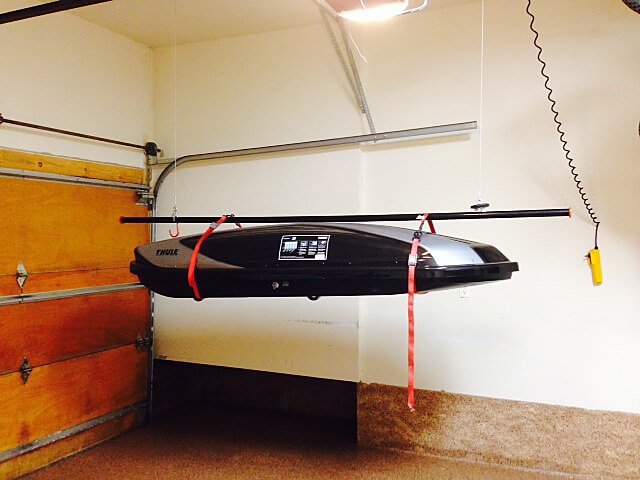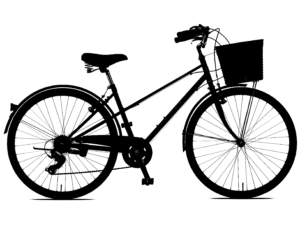Earth Day will be this coming April 22, 2018. The focus of Earth Day this year is in ending plastic pollution which is the factor most affecting climate change. And, because plastic is not biodegradable, if it doesn’t get recycled in some way, plastic will continue to remain in landfills or float around ocean destroying the vital life that helps us prevent climate change.
You may have seen or heard of the effects of plastic pollution on our ocean life. We definitely have challenges with the litter it creates but more importantly, there’s an impact to our health as people as well. And, with only 12% of all plastics being incinerated, we are leaving a lot of plastic accumulating in our oceans.
Let’s review the multifaceted ways in which plastics has an effect on our entire planet as well as our health. Plastic water bottles and other plastics causes manufacturing pollution as well as other side effects. Let’s take time to consider some of the things that each of us can do this Earth Day to reduce, reuse and recycle plastic.
The Facts about Plastic
Plastic was invented in 1907. Since then, the main use of plastic has been for packaging and to date, the world has produced 8.3 billion metric tons of plastic. Of that, 6.3 billion metric tons is now waste while only 8% has been recycled and only 12% has been incinerated which is the only real way of breaking down plastic into its original building blocks and getting rid of plastic. The rest of it or approximately 79% of the plastic ends up in landfills.
The main issue isn’t just that plastic doesn’t break down and that it takes up space in our landfills but it is that plastic doesn’t biodegrade. When plastic does eventually break down in 1,000 years from now, it will be leaching toxins to the ground as well as ground water leaving our planet uninhabitable. At the moment, the rate at which this is all happening, we’ll have 12 billion metric tons of plastic in landfills by 2050.
The Effect of Plastic on Our Oceans
Plastics in the ocean end up congregating into condensed patches of plastic in the ocean. Sometimes, the plastic breaks down into micro plastics and get ingested by wildlife within the ocean. These contaminated fish and other sea life that end up on our plates means that we get contaminated by the toxins of the ocean.
Sometimes, ocean life can mistake chunks of plastic for food which sadly, they eat. Since the plastic doesn’t get digested, these animals continue to think that they are full so they starve to death.
The Effect of Plastic on Our Personal Health
Plastics are known to be a health hazard for people. Some plastics leach chemicals into the foods and beverages contained within them. Many plastics contain phthalates (DEHP) and the chemical BPA. If these plastics are heated in the microwave, plastics end up in the food or drink which means they end up in our bodies.
They are particularly harmful for young children. The health effects include damage to chromosomes, reproductive system abnormalities, impaired brain and neurological functions, cancer, cardiovascular system damage, adult-onset diabetes, early puberty, obesity and resistance to chemotherapy.
The Effect of Plastic on Climate Change
The manufacturing of plastic has a great impact on our climate. For instance, it uses 8% of the world’s petroleum production. The drilling of oil releases a variety of harmful greenhouse gases including: carbon monoxide, hydrogen sulfide, ozone, benzene, and methane. Water bottles are made from a plastic called Polyethylene Terephthalate known as PET. For every 1 ounce of PET produced, 5 ounces of carbon dioxide is released.
How We Can Take Action to Reduce Plastic this coming Earth Day
We can take action against plastic pollution.
- Sign the petition being promoted by the Earth Day organizers.
- Plant a tree on Earth Day as a family. Every tree provides enough oxygen for 10 people during the course of a year.
- Spend an hour a day with your kids playing outdoors. Kid’s connection to the outdoors is not only great for their happiness and well-being but it also improves their environmental stewardship.
- Improve the family’s recycling habits if they have become lax.
- Start composting which we’ll discuss in the upcoming blog.
- Reduce the amount of plastics used within your household during the course of year. Start by taking inventory of how much plastic you use. Then, start a plan to reduce the amount of plastic used daily.
- As a last resort, for things you can’t affect such as an air flight, donate to the LESS Offset program.
Here’s a video to help you with some inspiration from people aim to create zero waste during a year, not just plastics. Their thoughts might inspire you in ways to cut down in one way or another.
Garage Storage Solutions for Re-Use
Garage storage solutions help us organize and avoid purchasing more than we need. But, it also helps us re-use more items in our daily lives by having a place to store belongings and bring them out season after season for use.
When you’re considering a garage renovation, contact us for some ideas to help you become conscious of the footprint you’re leaving behind. Make every day an Earth Day in your household.

























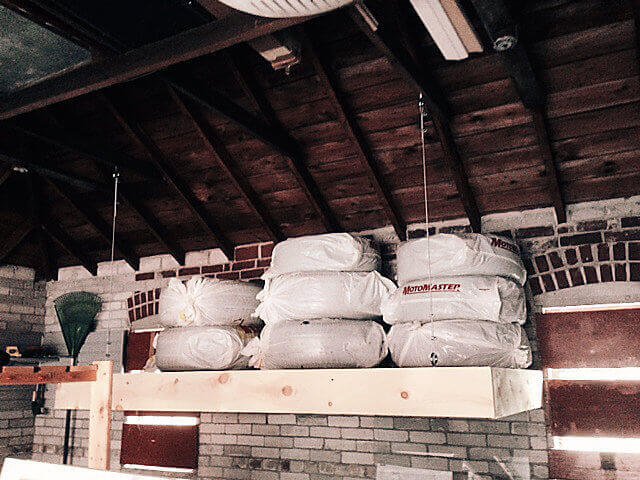
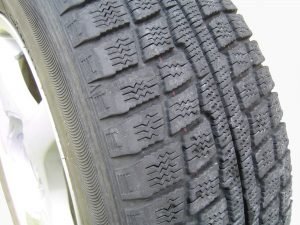
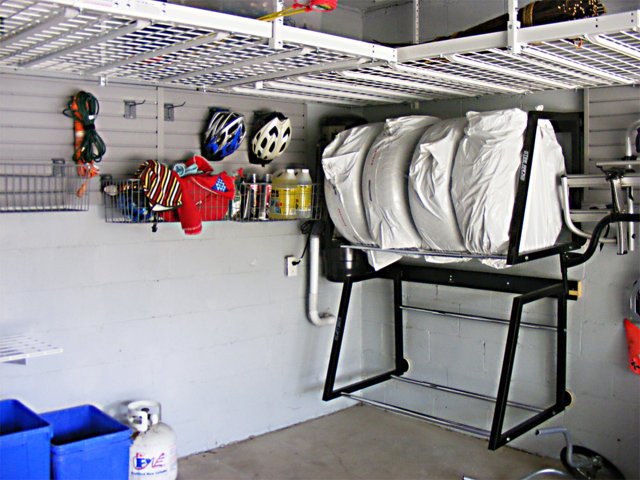
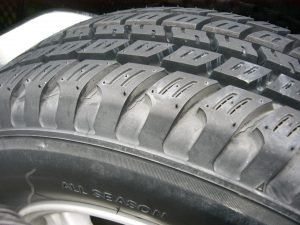



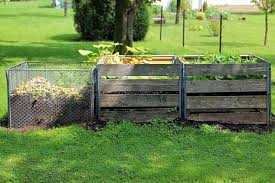

 This is one of the go to items when looking to find a method of hauling bikes, skis & snowboards, stand-up paddle boards are more for a fun and active getaway. Many SUVs today come with half racks as a standard feature. By adding cross bars, this easily converts the half rails to a full roof rack which can now mount a wide variety of options such as cargo carriers or boxes, bikes, skis or snowboards and much more.
This is one of the go to items when looking to find a method of hauling bikes, skis & snowboards, stand-up paddle boards are more for a fun and active getaway. Many SUVs today come with half racks as a standard feature. By adding cross bars, this easily converts the half rails to a full roof rack which can now mount a wide variety of options such as cargo carriers or boxes, bikes, skis or snowboards and much more.
 Sometimes, people combine a cargo bag with the carrier basket so smaller items are easily secured within the bag and to the vehicle. Some bags are designed for the roof rack or a carrier basket intended for the roof of the vehicle. Many others are designed for the hitch style basket carriers. These make the most sense as the soft bag doesn’t protect the belongings within from dings and dents of fast flying debris. Situated behind the vehicle, the bag is minimally exposed to flying debris and anything which might cause dings to the belongings and sports gear contained within.
Sometimes, people combine a cargo bag with the carrier basket so smaller items are easily secured within the bag and to the vehicle. Some bags are designed for the roof rack or a carrier basket intended for the roof of the vehicle. Many others are designed for the hitch style basket carriers. These make the most sense as the soft bag doesn’t protect the belongings within from dings and dents of fast flying debris. Situated behind the vehicle, the bag is minimally exposed to flying debris and anything which might cause dings to the belongings and sports gear contained within.